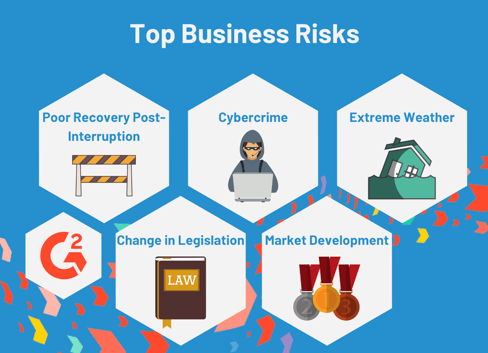Do you remember when you were a kid and a random relative you rarely saw would give you five dollars and tell you not to spend it all in one place?
Yeah, that never happened to me either.
But I’ve seen it in the movies!
Whether or not you had luck with generous family members giving you cash, the advice still stands. When we have a certain amount of financial freedom, it is easy to partake in some spending, even when saving or dispersing the money might have been the wiser option.
A good way to avoid this is by creating a budget. It might sound like an unexciting task, and that is true. Learning how to make a budget is not fun. However, the payoff is so worth it, and doing so is necessary for small business owners to get their finances on track.
Budgeting tips for small businesses
While understanding your finances and doing some calculations here and there will help you on the technical side of things, there are some other small business budgeting tips that will help you make the process worth your time.
Let’s get after it.
1. Overestimate your expenses
It’s always better to be over-prepared.
When looking at your budget, overestimate your expenses. It is likely you have a range in your head of how much something will cost. Always go with the higher number. It is rare that a business project will go exactly as planned. When you overestimate expenses for business activities, your budget will be able to handle whatever curveballs are thrown at you.
2. Identify your risks
Not a single business venture has existed with the absence of risk.
While they might instill fear in you as a small business owner, these risks cannot be ignored. Identify each risk and point out how they can potentially affect your business financially.
Do you rely on seasonal workers? Is there a chance a natural disaster will affect your brick and mortar store? Do you live in a dangerous area where you have a decent chance of being robbed?
Some of these might sound silly, but it is better to be safe than sorry.

Another risk you've unknowingly invested in could be the software you use on a daily basis, which is why a SaaS budget is so important. Although you may be using every tool every day, are your employees doing the same? With G2 Track, you can keep an eye on the seats that are going unused and save money instantly.

3. Involve your employees
Set that ego aside for a minute and ask for help. Just because you are running the business, doesn’t mean you have to do everything on your own.
Include your employees when creating your budget. This is your best bet for making the most functional and realistic budget possible. Getting members of each team to chime in on what makes the most sense for their department will help you expect things you wouldn’t have otherwise.
Also, it’s always nice to have a helping hand on your side.
4. Don't underpay yourself
You put everything you have into your business: time, effort, money. You should get something back.
Don’t underpay yourself. Certain owners can be tempted by the idea of saving money by giving themselves a pay cut. Just because you are the owner, doesn’t mean you aren’t an employee. And you pay your employees, right?
Worried about paying your employees on time? You aren’t alone. Check out our resource on how to cover payroll when you are experiencing negative cash flow.
5. Understand your sales cycle
Take a look at the highs and lows of your fiscal year.
Do you have an offseason? Is there a certain time of year when business is exceptionally slow? You will need to prepare expenses ahead of time to maintain positive cash flow.
Note: Is business slow? Don’t fall into a slump. Boost your marketing efforts. Explore new tactics. Prepare in any way you can for the moment when things pick up again. There is always room for improvement.
6. Be realistic
Don’t fool yourself.
Your budget cannot be effective if it is crafted towards unrealistic expectations for spending. Not only will you end up disappointed, but your employees will see right through it and it will harm morale.
Take past fiscal periods and future projections into account with budgeting and forecasting software. Are you seeing some solid continuous growth? Great, account for that in the budget. But don’t lie to yourself. It will only hurt your business in the long run.

7. Adjust it when necessary
No two fiscal periods are going to be the exact same.
Certain times of year and occurrences will affect the current situation your business is in. Your budget should evolve right along with it. This will happen a lot early on as you get to know the way your business works, and will continue as trends and fluctuations in business will always affect performance.
Budget or bust
It is no secret that your small business will need a budget to stay afloat. You don’t need to keep track of every penny you spend, but planning your expenses will make you aware of your spending trends and help you strategize to improve your habits.
Never missed a credit card payment because of your killer budget? Learn how to establish and build business credit to use that to your advantage.
 by Mary Clare Novak
by Mary Clare Novak
 by Mary Clare Novak
by Mary Clare Novak
 by Mary Clare Novak
by Mary Clare Novak